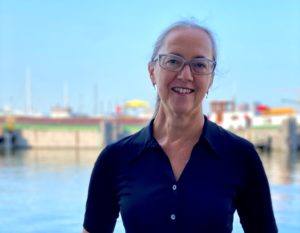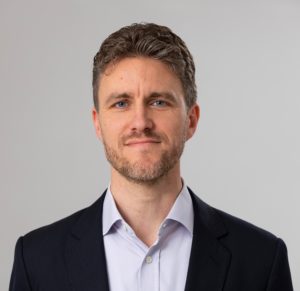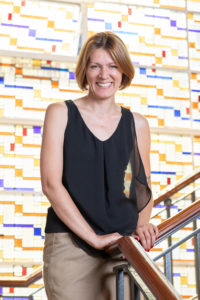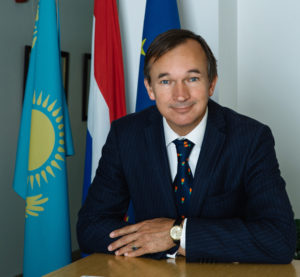Dear colleagues, partners and friends!
You are invited to celebrate AFEW 20th anniversary and watch an online talk with experts about AFEW work for marginalized groups in Eastern Europe and Central Asia – groups that lack access to health services because of persistent stigma and discrimination!
WHEN: 3 December, 11.30 (CET)
WHERE: AFEW International YOUTUBE channel
 Anke van Dam, director of AFEW International
Anke van Dam, director of AFEW International
Eastern Europe and Central Asia is one of the regions in the world where the 90-90-90 UNAIDS targets are not met. EECA is one of the regions where we see an increase of new cases of HIV of 72% since 2010! More than 50% of the people living with HIV come to health care services with late diagnosis (with a CD4 count < 350 cells/mm3), which hampers stopping the transmission of HIV. Community-led and non-governmental organisations play a vital role in offering prevention and care services for key populations affected by HIV, they hold governments accountable to fulfil the human rights, and they help in stopping stigma and discrimination. These civil society organisations need the financial means to keep doing their work in a time in which, quoting UNAIDS director Winnie Byanyima, “we are way off target on combating AIDS, and in which the COVID-19 pandemic “has the potential to blow us even further off course”.
 Bob Deen, Senior Research Fellow/ Coordinator Russia and Eastern Europe Centre at Clingendael Institute.
Bob Deen, Senior Research Fellow/ Coordinator Russia and Eastern Europe Centre at Clingendael Institute.
Over the last two decades, donor interest in and support for the countries of Eastern Europe, the Caucasus and Central Asia has dwindled while the challenges have not. Efforts to promote public health are affected by these other challenges, including in the field of governance, security and human rights. How can the EU and the Netherlands promote a healthy future and work with civil society and local governance actors against a backdrop of domestic and international instability and declining donor interest? Let’s discuss that tomorrow!
 Sasha Volgina, program manager at GNP+
Sasha Volgina, program manager at GNP+
In GNP+ we are advocating for years for greater emphasis on stigma, discrimination and criminalisation, we are working closely with communities in Eastern Europe and Central Asia and with AFEW to overcome these barriers. We are absolutely sure that none of the progress can be achieved without major changes in these arears, and these changes are possible only in case of political will and proper investment into community led monitoring, services and advocacy.
According to the last report of UNAIDS, only 2% of funding is going to key population led organizations, while 62% of new HIV cases are among key populations. What can we, as Civil Society sector, do to improve the situation? Let’s discuss on the session on 3 December! We will have a fruitful and open talk about the lessons learned and actions needed!
 André Carstens, Ambassador to the Kingdom of Netherlands in Nur-Sultan, Kazakhstan
André Carstens, Ambassador to the Kingdom of Netherlands in Nur-Sultan, Kazakhstan
In today’s reality, health crises cannot be isolated from the broader context. Health issues go hand in hand with deteriorating socio-economic situation. In these circumstances, marginalized groups become even more affected. Therefore, a healthcare response must be combined with the human rights, social and economic measures.



